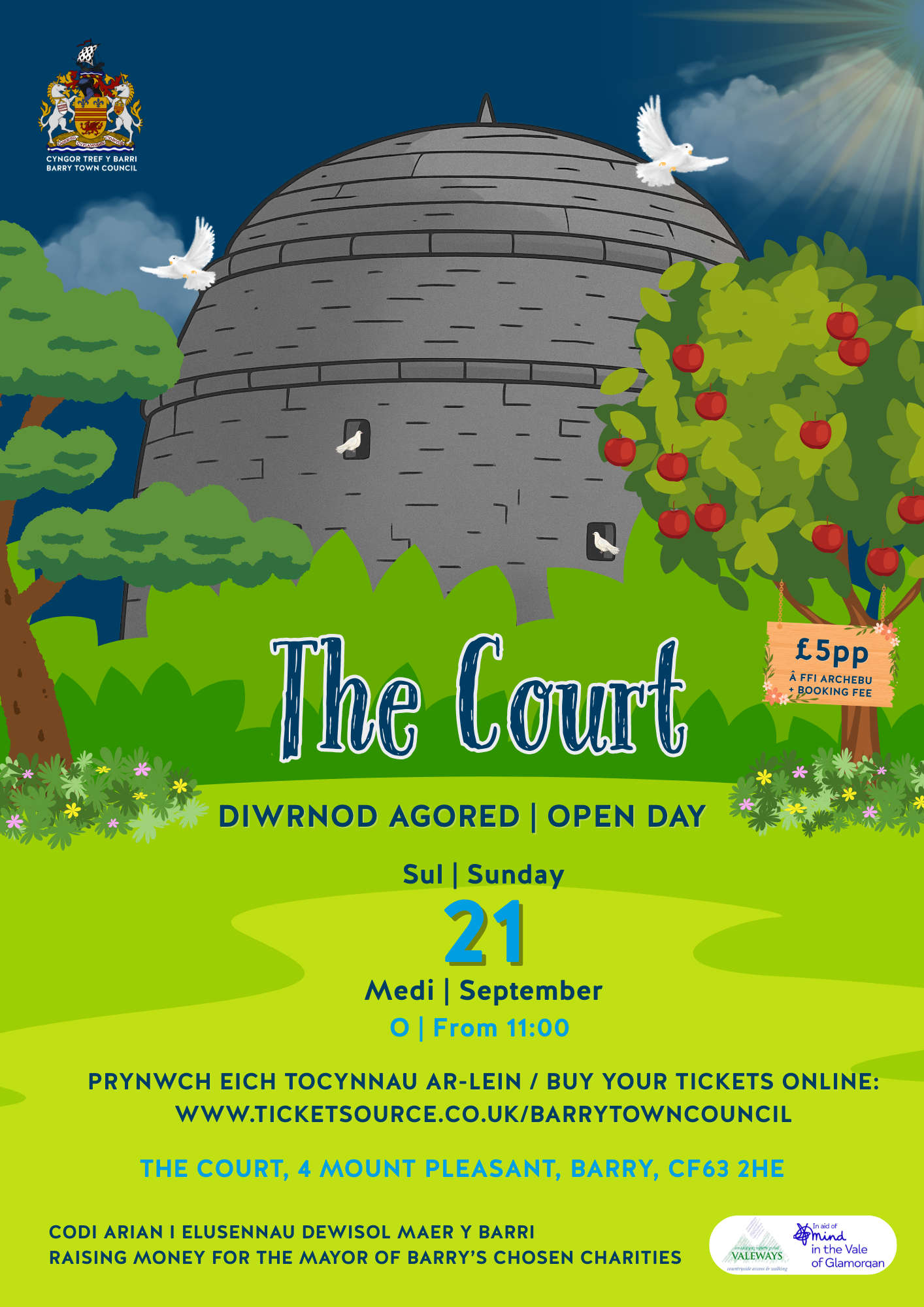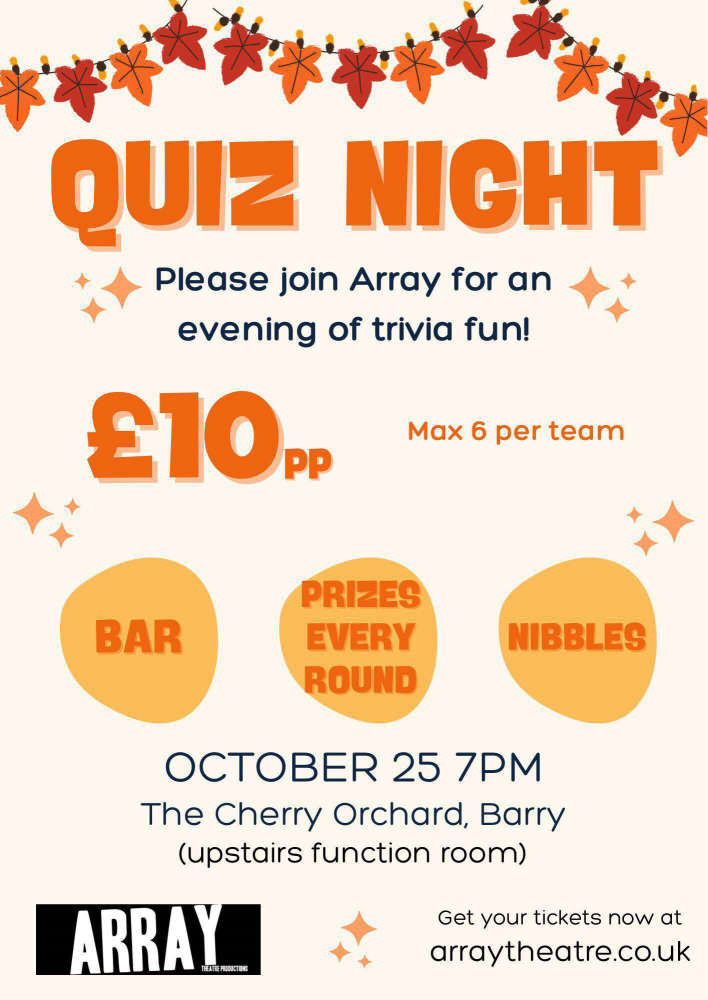The controversial assisted dying bill is still very much alive, having received a second reading in the House of Lords without a vote.
But that doesn't tell the whole story. Day two of debate on the bill in the Lords was just as passionate and emotional as the first, a week earlier.
And now comes the hard part for supporters of Labour MP Kim Leadbeater's Terminally Ill Adults (End of Life) Bill, as opponents attempt to make major changes in the months ahead.
The Lords' chamber was again packed for the debate, which this time began at 10am and lasted nearly six hours. In all, during 13 hours of debate over two days, nearly 200 peers spoke.
According to one estimate, over both days of the debate only around 50 peers spoke in favour of the bill and considerably more than 100 against, with only a handful neutral.
The bill proposes allowing terminally ill adults in England and Wales with fewer than six months to live to apply for an assisted death. Scotland's parliament has already passed a similar law.
In a safeguard introduced in the Commons, an application would have to be approved by two doctors and a panel featuring a social worker, senior lawyer and psychiatrist.
The bill's sponsor in the Lords, Charlie Falconer, said while peers have "a job of work to do", elected MPs in the Commons should have the final decision on the bill, not unelected peers.
One of the most contentious moments in the first day of debate last Friday was a powerful speech by former Tory prime minister Theresa May, who said the legislation was a "licence to kill" bill.
That claim prompted angry attacks on the former PM when the debate resumed from Labour peers, who said it had left them dismayed and caused distress to many terminally ill people.
The former PM, daughter of a church of England vicar, had claimed in her speech that the proposed law was an "assisted suicide bill" and "effectively says suicide is OK".
But opening the second day's debate, Baroness Thornton, a lay preacher and health minister in Tony Blair's government, said: "People have written to me in the last week, very distressed.
"They say things such as: 'We are not suicidal - we want to live - but we are dying, and we do not have the choice or ability to change that. Assisted dying is not suicide'."
Throughout the criticism of her strong opposition to the bill, the former PM sat rooted to her seat, not reacting visibly but looking furious as her critics attacked her.
There was opposition to the bill, too, from grandees of the Thatcher and Major cabinets. Lord Deben, formerly John Gummer and an ex-member of the Church of England synod, said the bill "empowers the state to kill".
And Lord Chris Patten, former Tory chairman, Hong Kong governor and Oxford University chancellor, said it was an "unholy legislative mess" and could lead to death becoming the "default solution to perceived suffering".
Read more:
Paralympian targeted with abuse for opposing assisted dying bill
The assisted dying debate has been politics - but not as we know it
Day two of the debate also saw an unholy clash between Church of England bishops past and present, with former Archbishop of Canterbury George Carey claiming opponents led by Archbishop of York Stephen Cottrell were out of touch with public opinion.
While a large group of bishops sat in their full robes on their benches, Lord Carey suggested both the Church and the Lords would "risk our legitimacy by claiming that we know better than both the public" and the Commons.
"Do we really want to stand in the way of this bill?" he challenged peers. "It will pass, whether in this session or the next. It has commanding support from the British public and passed the elected House after an unprecedented period of scrutiny."
But Archbishop Cottrell hit back, declaring he was confident he represented "views held by many, not just Christian leaders, but faith leaders across our nation in whom I've been in discussion and written to me".
And he said the bill was wrong "because it ruptures relationships" and would "turbocharge" the agonising choices facing poor and vulnerable people.
One of the most powerful speeches came from former Tory MP Craig Mackinlay, awarded a peerage by Rishi Sunak after a dramatic Commons comeback after losing his arms and legs after a bout of sepsis.
He shocked peers by revealing that in Belgium, terminally ill children as young as nine had been euthanised. "I'm concerned we want to embed an option for death in the NHS when its modus operandi should be for life," he said.
And appearing via video link, a self-confessed "severely disabled" Tory peer, Kevin Shinkwin, was listened to in a stunned silence as he said the legislation amounted to the "stuff of nightmares".
He said it would give the state "a licence to kill the wrong type of people", adding: "I'm the wrong type. This bill effectively puts a price on my head."
After the debate, Labour peer and former MP Baroness Luciana Berger, an opponent of the bill, claimed a victory after peers accepted her proposal to introduce a special committee to examine the bill and report by 7 November.
"The introduction of a select committee is a victory for those of us that want proper scrutiny of how these new laws would work, the massive changes they could make to the NHS and how we treat people at the end of their lives," she told Sky News.
"It's essential that as we look at these new laws we get a chance to hear from those government ministers and professionals that would be in charge of creating and running any new assisted dying system."
After the select committee reports, at least four sitting Fridays in the Lords have been set aside for all peers - a Committee of the whole house - to debate the bill and propose amendments.
Report stage and third reading will follow early next year, then the bill goes back to the Commons for debate on any Lords amendments. There's then every chance of parliamentary ping pong between the two Houses.
Kim Leadbeater's bill may have cleared an important hurdle in the Lords. But there's still a long way to go - and no doubt a fierce battle ahead - before it becomes law.

(c) Sky News 2025: Peers back assisted dying bill - but battles lie ahead




 Elderly British couple held for months by Taliban reunited with daughter
Elderly British couple held for months by Taliban reunited with daughter
 She smiled and his eyes filled with emotion - the moment the Reynolds were freed by the Taliban
She smiled and his eyes filled with emotion - the moment the Reynolds were freed by the Taliban
 'Catfish' Stuart Latham jailed for sex offences against dozens of children including rape
'Catfish' Stuart Latham jailed for sex offences against dozens of children including rape
 Iranian man becomes third migrant deported under UK-France deal
Iranian man becomes third migrant deported under UK-France deal
 Man dies after falling from hot air balloon in West Sussex
Man dies after falling from hot air balloon in West Sussex
 Canada bans Kneecap from entering country as rappers threaten legal action
Canada bans Kneecap from entering country as rappers threaten legal action
 UK and Ireland agree deal to address 'unfinished business' of the Troubles
UK and Ireland agree deal to address 'unfinished business' of the Troubles
 Two ambulance service workers arrested as part of investigation into six deaths in Wiltshire
Two ambulance service workers arrested as part of investigation into six deaths in Wiltshire
 West Midlands MP 'worried' about increase in hate crimes after 'racially aggravated' rape
West Midlands MP 'worried' about increase in hate crimes after 'racially aggravated' rape









